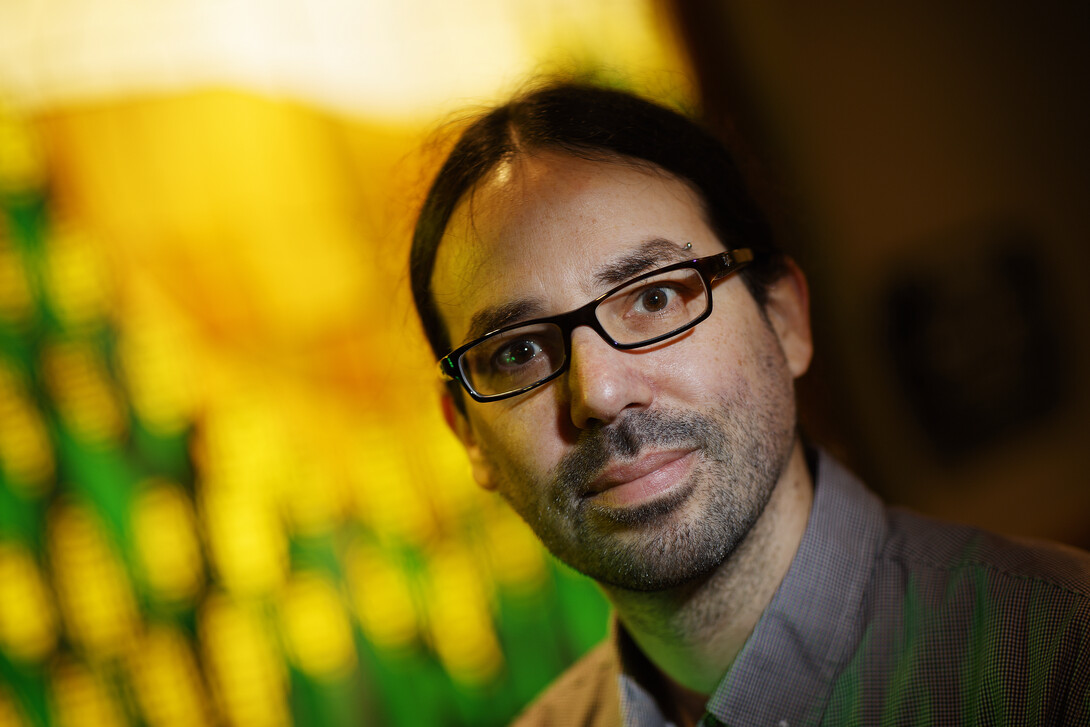
For some, the battle lines over environmental policy are drawn on religious – not necessarily political – grounds, a University of Nebraska-Lincoln study suggests.
In a newly published study in the Journal for the Scientific Study of Religion, Nebraska sociologist Philip Schwadel found that religious ideologies are driving opposition to environmental spending. More specifically, evangelical Protestants – usually perceived as the most conservative of Christians – are less likely to support environmental spending based on a literal interpretation of the Bible.
The findings may also explain why President Donald Trump felt core supporters would approve of his June 1 action to withdraw the United States from the Paris Climate Accord, despite its favorability to the general public. Evangelical Protestants, who largely supported Trump, tend to disagree.
The findings were culled from surveys collected from 1984 to 2012. Schwadel, professor of sociology, said he and co-author Erik Johnson of Washington State University looked at three possible causes of evangelicals’ opposition to environmental spending: church attendance, political affiliation and biblical literalism. Only biblical literalism played a significant role across all three decades studied, and when comparing evangelicals to all other religious groups.
“Even in the 21st century, when politics seem to be of utmost importance, differences in support for environmental spending among different Christian groups are predominantly due to differences in views of the Bible,” Schwadel said. “Theological views seem to be the biggest factor explaining differences between evangelicals and other Christian Americans.”
Schwadel, a leading expert on the relationship between religion and politics, said the new findings fit with the theory that religious beliefs drive political affiliation, not the other way around.
“We know that religious ideologies usually come earlier in life than political ideologies,” Schwadel said.
Schwadel said there is a well-documented divide among Christians about the environment. Many Christians, including mainline Protestants and Catholics, are adopting a stance of environmental stewardship. At the same time, evangelicals tend to take direction derived from a literal interpretation of the Bible.

From Genesis 1:28: “God blessed them and said to them, ‘Be fruitful and increase in number; fill the earth and subdue it. Rule over the fish in the sea and the birds in the sky and over every living creature that moves on the ground.’”
“Depending how you interpret those passages, it can be seen as our responsibility to maintain and protect the Earth or that the Earth was given to us to do as we will,” Schwadel said. “The more predominant perspective of evangelicals appears to be that the Earth was given to humans to maintain as they wish.”
Schwadel said that the study uncovers how religion affects views of the environment and how scientific information regarding climate change and other environmental issues is being filtered through the pulpit. For policymakers trying to gain popular support for environmental issues, politics is only one piece of the equation.
“To promote greater attention to environmental problems, they need to address both the political and theological circumstances that appear to be influencing evangelical Protestants,” Schwadel said.







